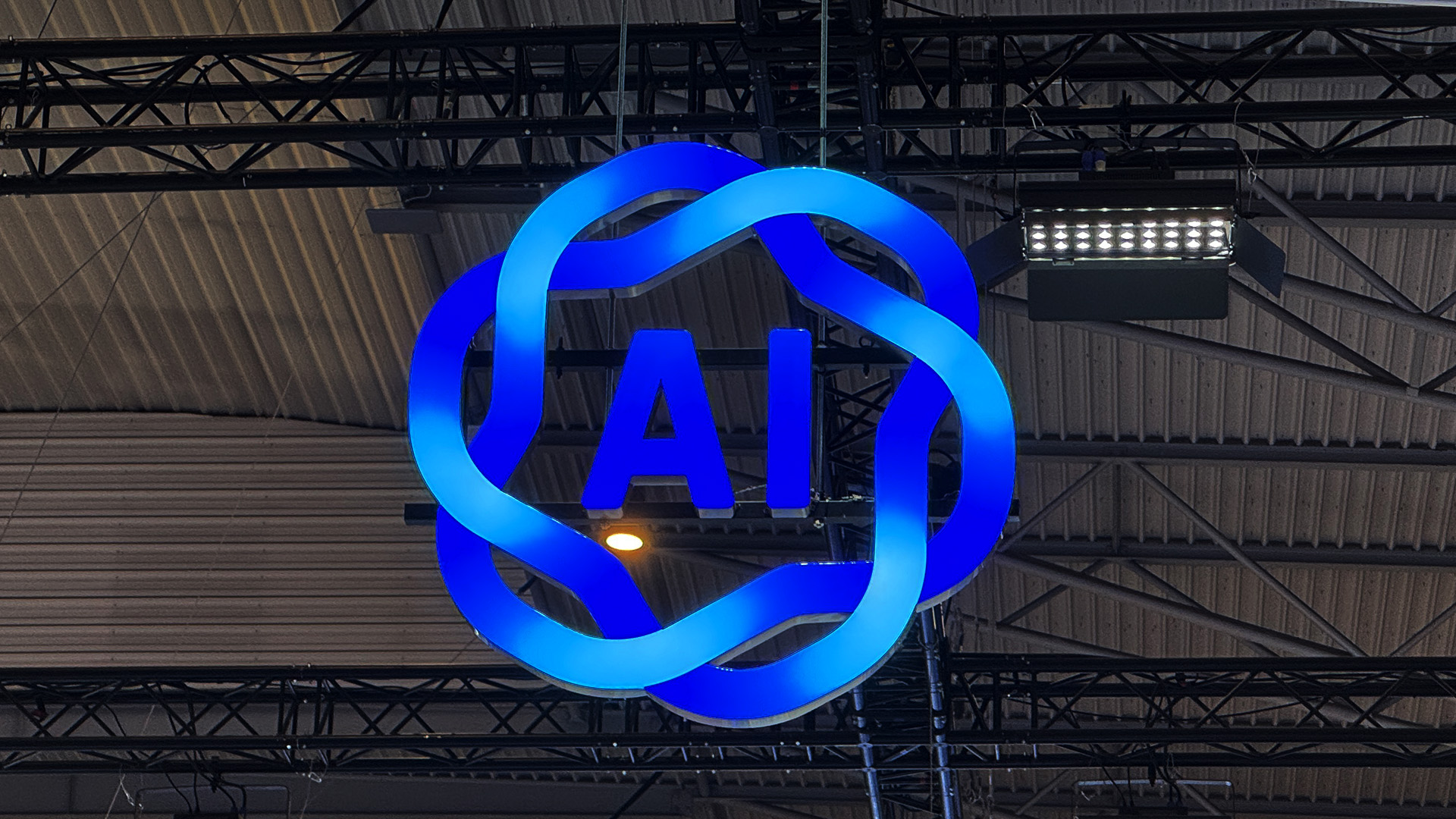I saw an AI feature that I'd actually use – and it's not what you might think
AI to help you detect other AI is a neat idea


When it comes to AI features, it can sometimes feel like there are approximately five million of the things buzzing about right now. Every phone seems to have a dozen to play with, but there's a slight issue when it comes to how useful they actually are.
Superzoom and image creation tools are well and good, but I'm still a little suspicious of how many people actually use them particularly often. The biggest standout success in this area has been the proliferation of magic eraser-style options to let you get rid of annoyances in photos, but few features can match that utility.
At MWC this year, though, Honor had a more in-depth demonstration of the AI deepfake detection tech that it announced six months ago, and I was struck by how potentially useful it could be. The feature works easily, on the surface – when active, it can screen videos that you're watching, whether live or recorded, and give you an indication of whether they're likely to be genuine or involve a face-swap.
It takes a few seconds to process, before you're given a result that summarises how confident the AI is that you're being duped as a percentage, and seems like a complete slam-dunk in security terms. After all, we all hear a bunch about how scammers are starting to use deepfakes and vocal imitations to get one over on people.
A feature to mitigate that risk is a no-brainer, even if there are still questions about whether it'll always be active, or instead remain as a toggle that people have to use when they're suspicious of a video.
There are also still question marks in my head when it comes to reliability and messaging. In a pool interview I took part in, Honor's Eric Fang indicated that the feature currently has a 70% success rate, which is one of those numbers that both impresses and doesn't at the same time. A 70% chance of being saved from a fake video – that's ideal. A 30% chance that your phone tells you a video's fine when it's not – that feels sub-optimal.
Still, it wouldn't be the first AI feature that gets better as time goes on, as its model gets more sophisticated. Plus, the fact of the matter remains that I would actually use deepfake detection, which is a surprisingly high bar. Hopefully it's the first of a cavalcade of non-novelty features in the same vein.
Get all the latest news, reviews, deals and buying guides on gorgeous tech, home and active products from the T3 experts

Max is T3's Staff Writer for the Tech section – with years of experience reporting on tech and entertainment. He's also a gaming expert, both with the games themselves and in testing accessories and consoles, having previously flexed that expertise at Pocket-lint as a features editor.
You must confirm your public display name before commenting
Please logout and then login again, you will then be prompted to enter your display name.